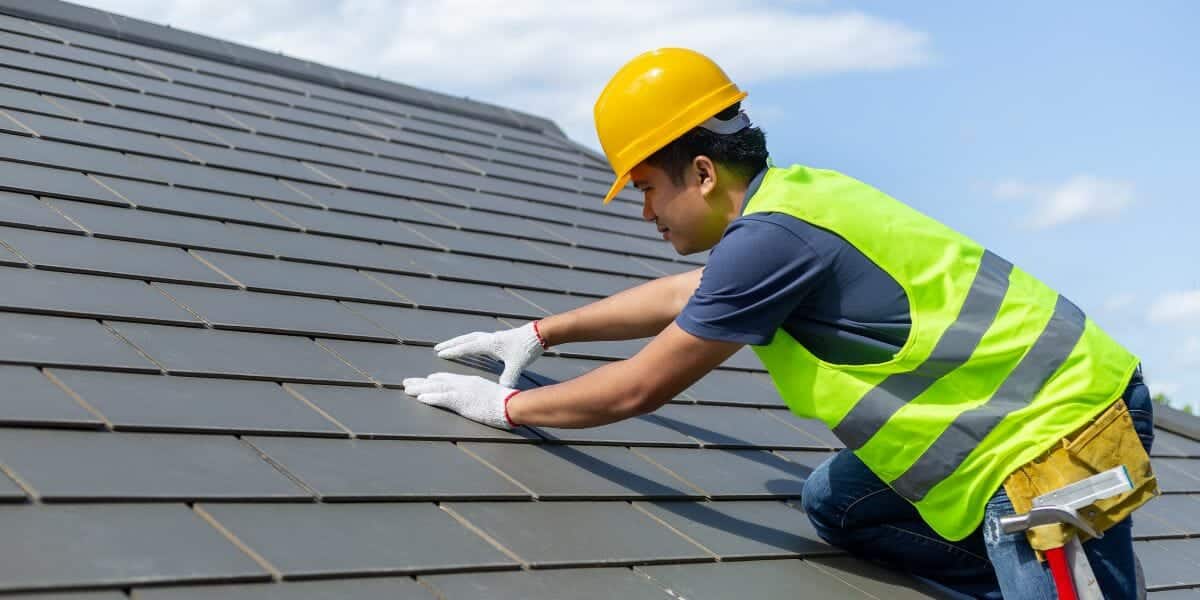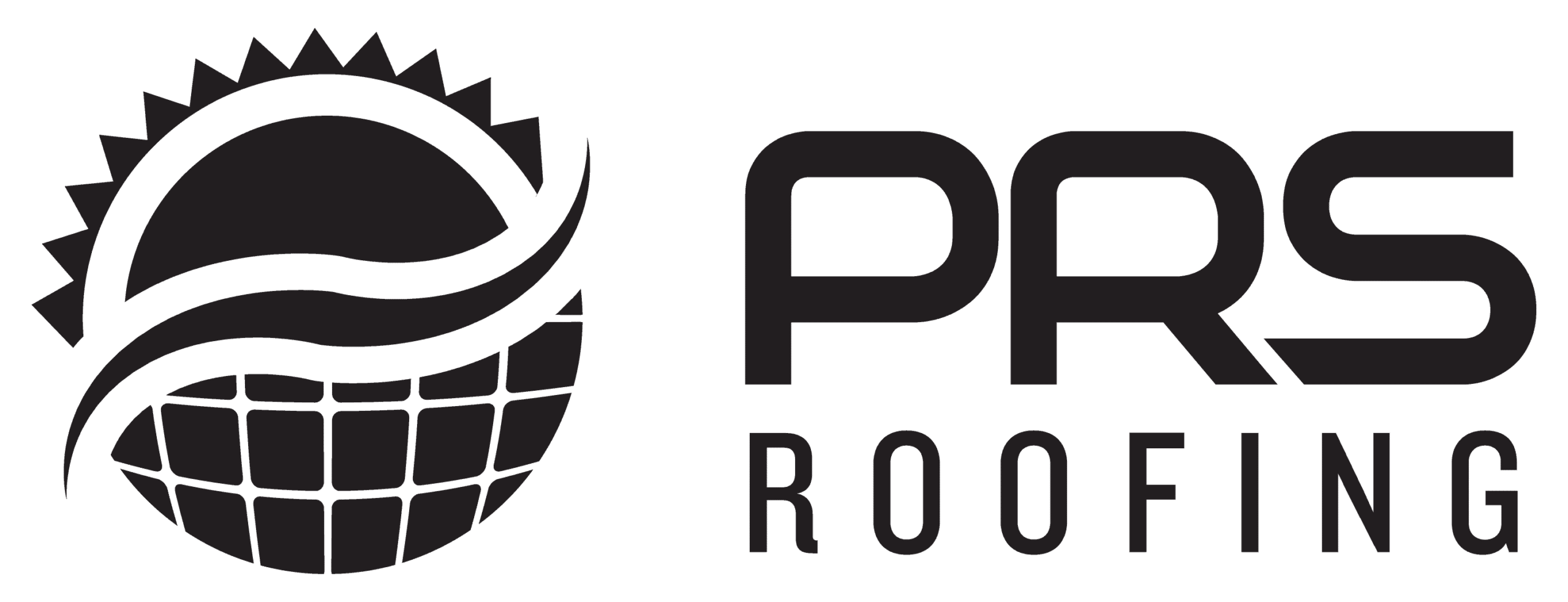Roof repair is a critical aspect of home maintenance, especially in Florida, where the climate can be quite harsh on roofing materials. Whether you’re dealing with a minor leak or significant damage, understanding the best practices for roof repair can help you maintain the integrity and longevity of your home. This guide will provide you with comprehensive roof repair guidelines, ensuring your home remains safe and secure.
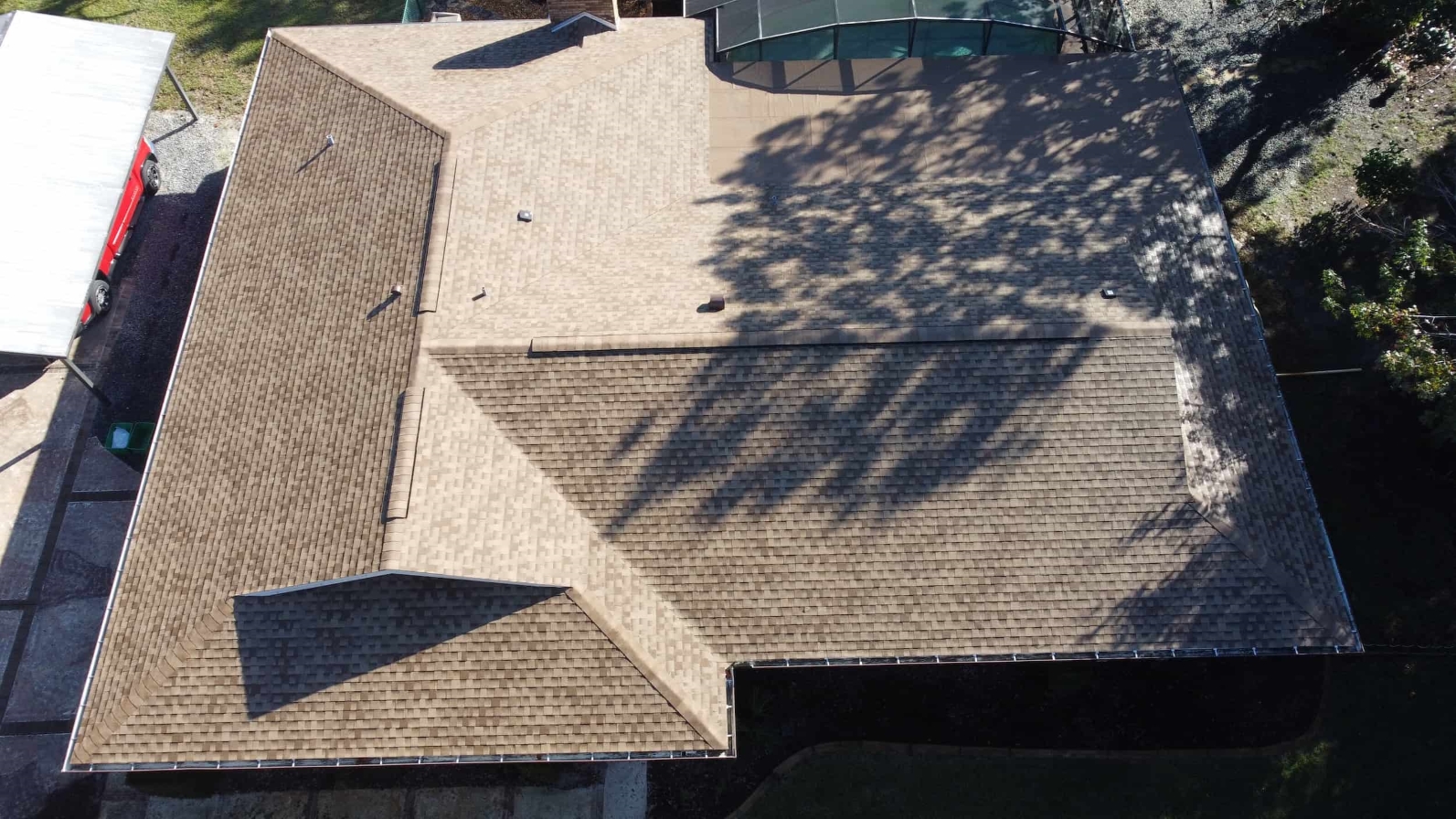
Understanding Roof Repair Needs
Common Roof Issues in Florida
Florida’s unique climate presents specific challenges for homeowners. Here are some common issues to be aware of:
- Wind Damage: Strong winds can lift shingles, causing damage.
- Hail Damage: Hail can crack shingles and other roofing materials.
- Sun Exposure: Prolonged exposure to the sun can lead to the degradation of roofing materials.
Identifying Roof Damage
It’s crucial to regularly inspect your roof for signs of damage. Look for:
- Missing or Damaged Shingles: These are clear indicators of wear and tear.
- Leaks and Water Stains: Water spots on your ceiling or walls suggest a leak.
- Granules in Gutters: Finding granules from your shingles in the gutters indicates that your shingles are deteriorating.
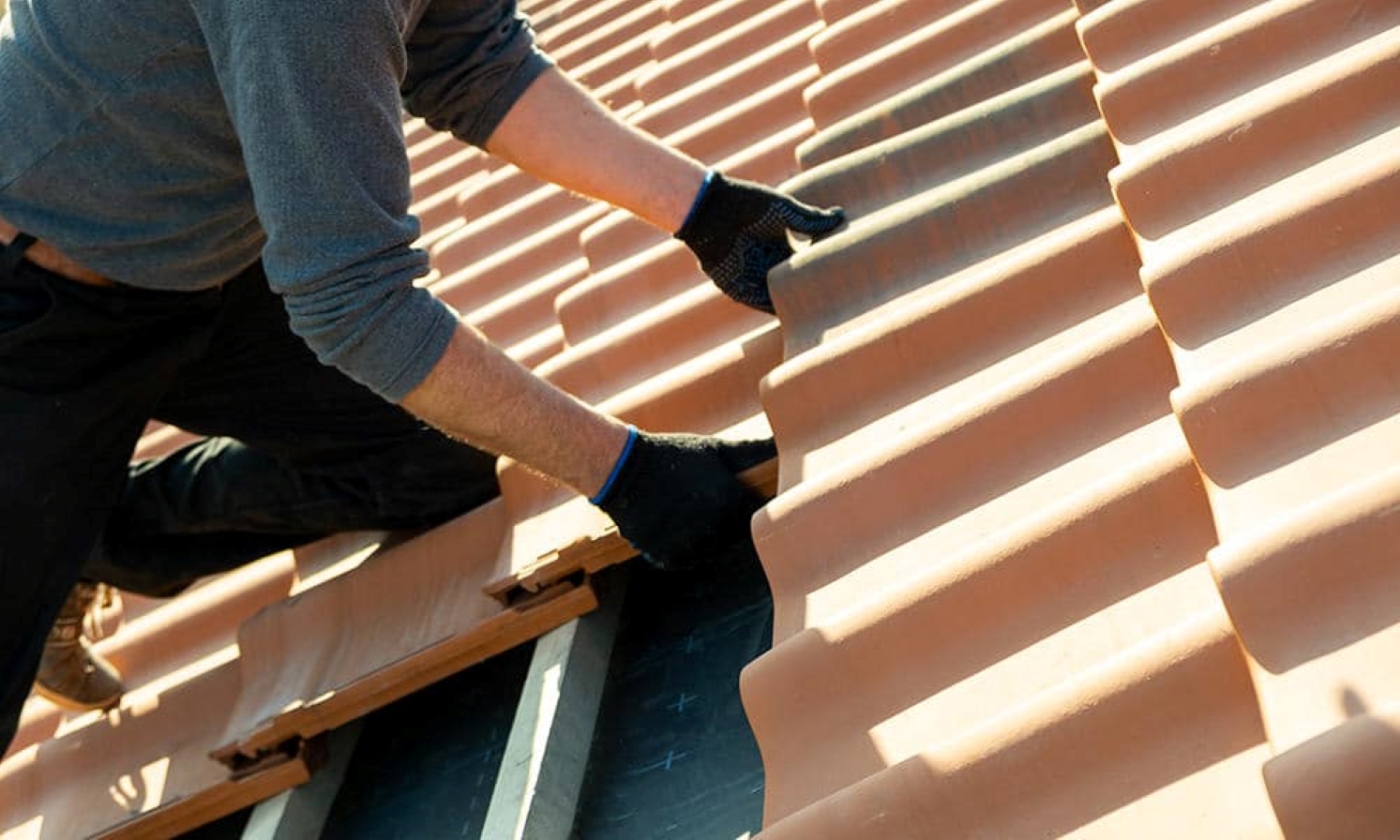
Roof Repair Guidelines
1. Initial Inspection
Before starting any repair work, a thorough inspection is necessary.
- Visual Inspection: Use binoculars to inspect the roof from the ground. Look for any obvious signs of damage.
- Detailed Inspection: If safe, use a ladder to get a closer look at potential problem areas.
2. Safety Precautions
Always prioritize safety when conducting roof repairs.
- Use Safety Gear: Helmets, gloves, and non-slip shoes are essential.
- Check Weather Conditions: Avoid repairing during rainy or windy conditions to prevent accidents.
3. Temporary Fixes
For immediate concerns, temporary fixes can prevent further damage until professional help is available.
- Tarping: Cover the damaged area with a tarp to prevent water ingress.
- Sealants: Use roof sealants for minor cracks and leaks.
Detailed Roof Repair Process
1. Shingle Replacement
Replacing damaged shingles is a common repair task.
- Remove Damaged Shingles: Lift the edges and remove nails.
- Install New Shingles: Slide the new shingle into place and secure with nails.
- Seal Edges: Apply roofing cement to the edges to seal.
2. Fixing Roof Leaks
Addressing leaks promptly is crucial to prevent extensive damage.
- Identify Leak Source: Trace the water path to find the source.
- Replace Damaged Sections: Remove and replace the damaged roofing material.
- Seal and Test: Use sealant and test by spraying water to ensure the leak is fixed.
3. Gutter Maintenance
Well-maintained gutters are essential for roof health.
- Clean Gutters: Remove debris regularly to prevent blockages.
- Check for Damage: Inspect for any cracks or loose sections.
- Install Gutter Guards: These can help keep debris out and reduce maintenance needs.
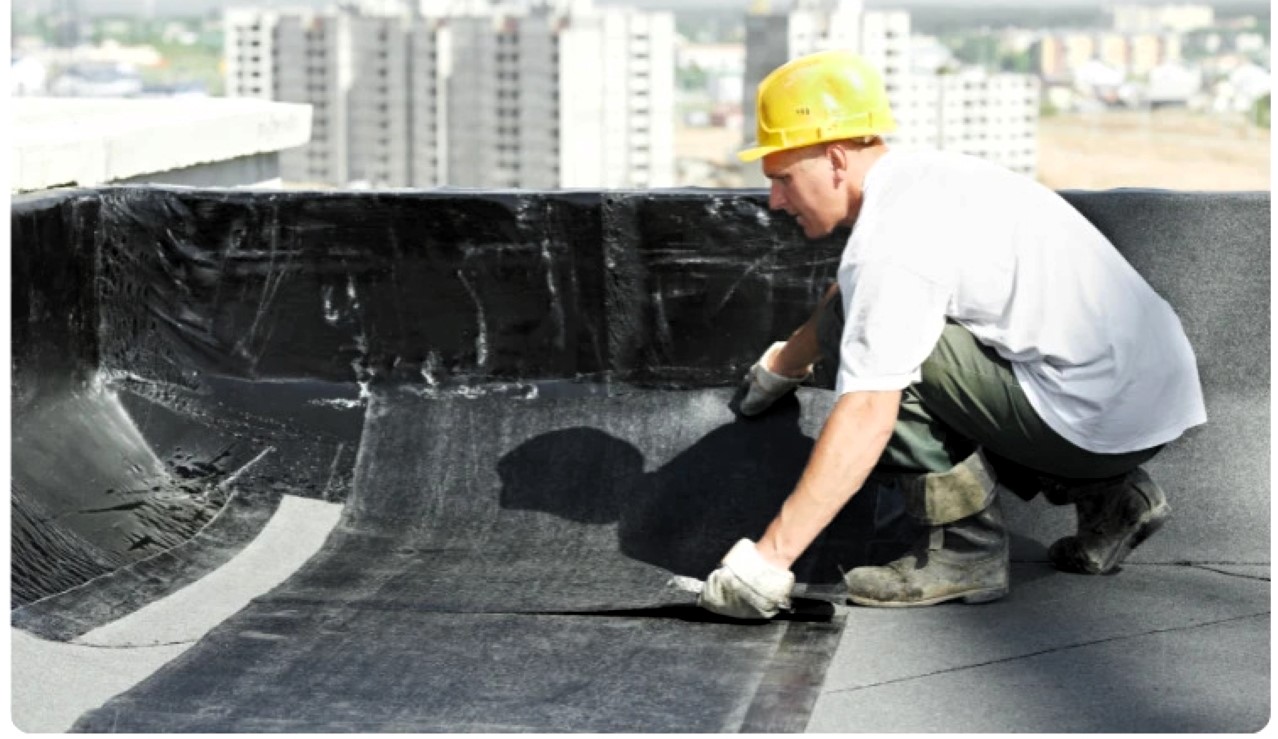
Prevention and Maintenance
Regular Inspections
Regular inspections can help catch issues early.
- Bi-Annual Inspections: Conduct inspections in spring and fall.
- Post-Storm Checks: Always inspect your roof after severe weather events.
Routine Maintenance
Routine maintenance helps prolong the life of your roof.
- Clean Debris: Remove leaves, branches, and other debris from your roof.
- Trim Overhanging Branches: This prevents damage from falling branches.
Conclusion
Maintaining your roof in Florida requires regular inspections, timely repairs, and preventive maintenance. By following these guidelines, you can ensure your roof remains in good condition, protecting your home from the elements.
FAQs
Q1: How often should I inspect my roof? A1: It is recommended to inspect your roof at least twice a year, in the spring and fall, and after any major storm.
Q2: What should I do if I find a leak in my roof? A2: If you find a leak, first use a tarp or sealant as a temporary fix, then contact a professional for a thorough repair.
Q3: Can I repair my roof myself? A3: While minor repairs can be done by homeowners, it is always safer and more effective to hire a professional for significant repairs.
Q4: How can I prevent roof damage? A4: Regular maintenance, such as cleaning gutters and trimming overhanging branches, can prevent many common roofing issues.
Q5: What are the benefits of regular roof inspections? A5: Regular inspections help catch minor issues before they become major problems, saving you time and money in the long run.
By following these comprehensive roof repair guidelines, homeowners in Florida can ensure their roofs remain in excellent condition, providing safety and peace of mind. For more detailed assistance or professional services, don’t hesitate to contact PRS Roofing for expert advice and quality repairs.
